Men’s sleep patterns are most affected by the moon, say scientists
Recent research is opening our eyes to the once-mythical link between sleep and the lunar cycle
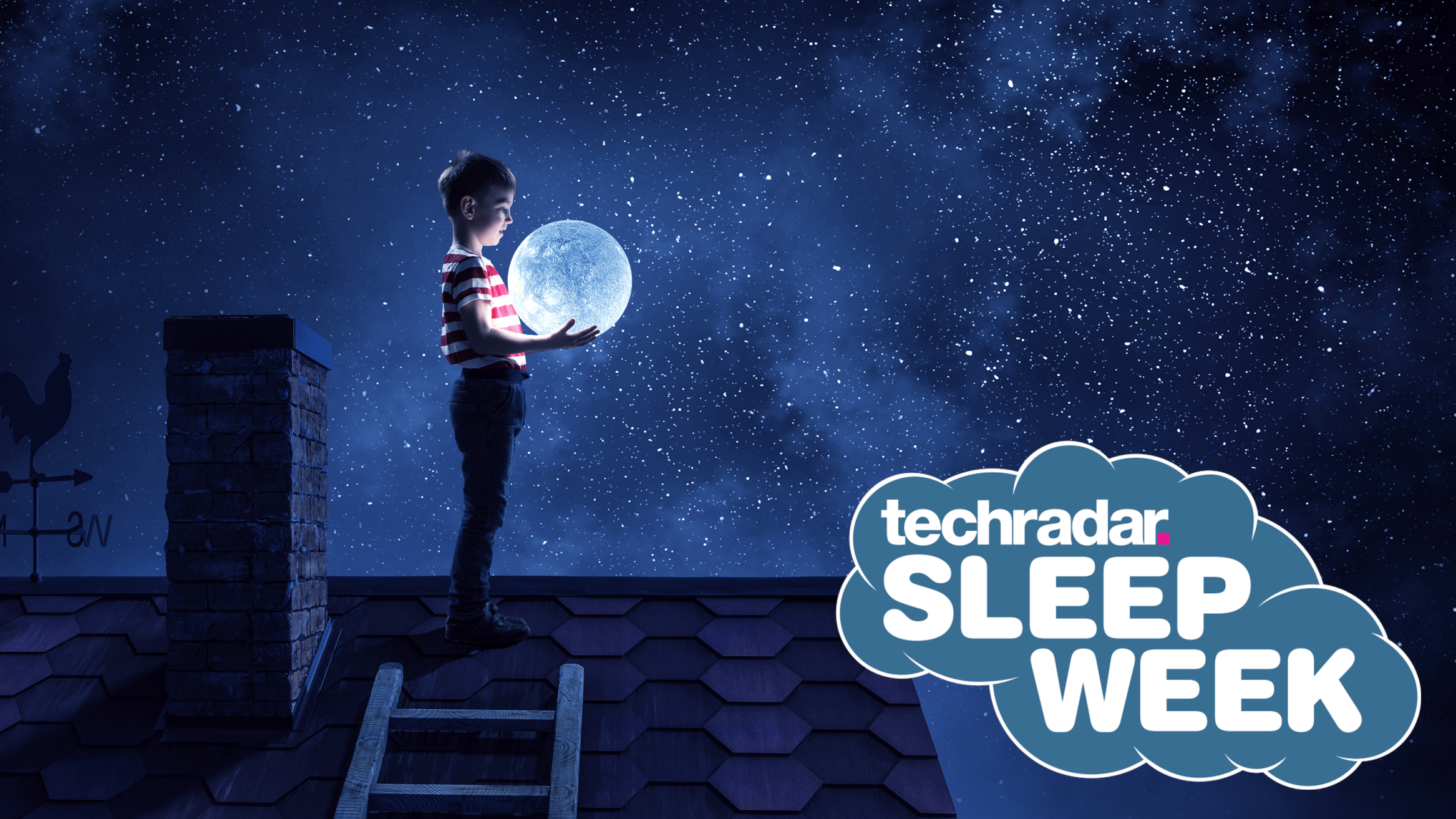
Sign up for breaking news, reviews, opinion, top tech deals, and more.
You are now subscribed
Your newsletter sign-up was successful
There are dozens of myths about the moon and its bizarre effects on humans. Some persist despite being proven wrong: menstrual cycles do not sync with the lunar cycle, 'supermoons' don’t cause 'lunacy', and the full moon does not have an explicit gravitational effect on humans. In fact, a mosquito sitting on your arm exerts a more powerful gravitational effect on you than the moon. So is it all folklore? Not quite. Scientists may have uncovered a surprising link between the moon and human behavior, with evidence suggesting a full moon can cause bad sleep.
A new study from Uppsala University, Sweden, published in the January 2022 issue of Science of the Total Environment, finds an association between the lunar cycle and sleep. It also discovered that men’s sleep may be more powerfully influenced by the lunar cycle than women’s.
To understand why – and how the scientists found that out – it’s helpful to know the moon’s cycle and how its light changes over the course of a moon-th.
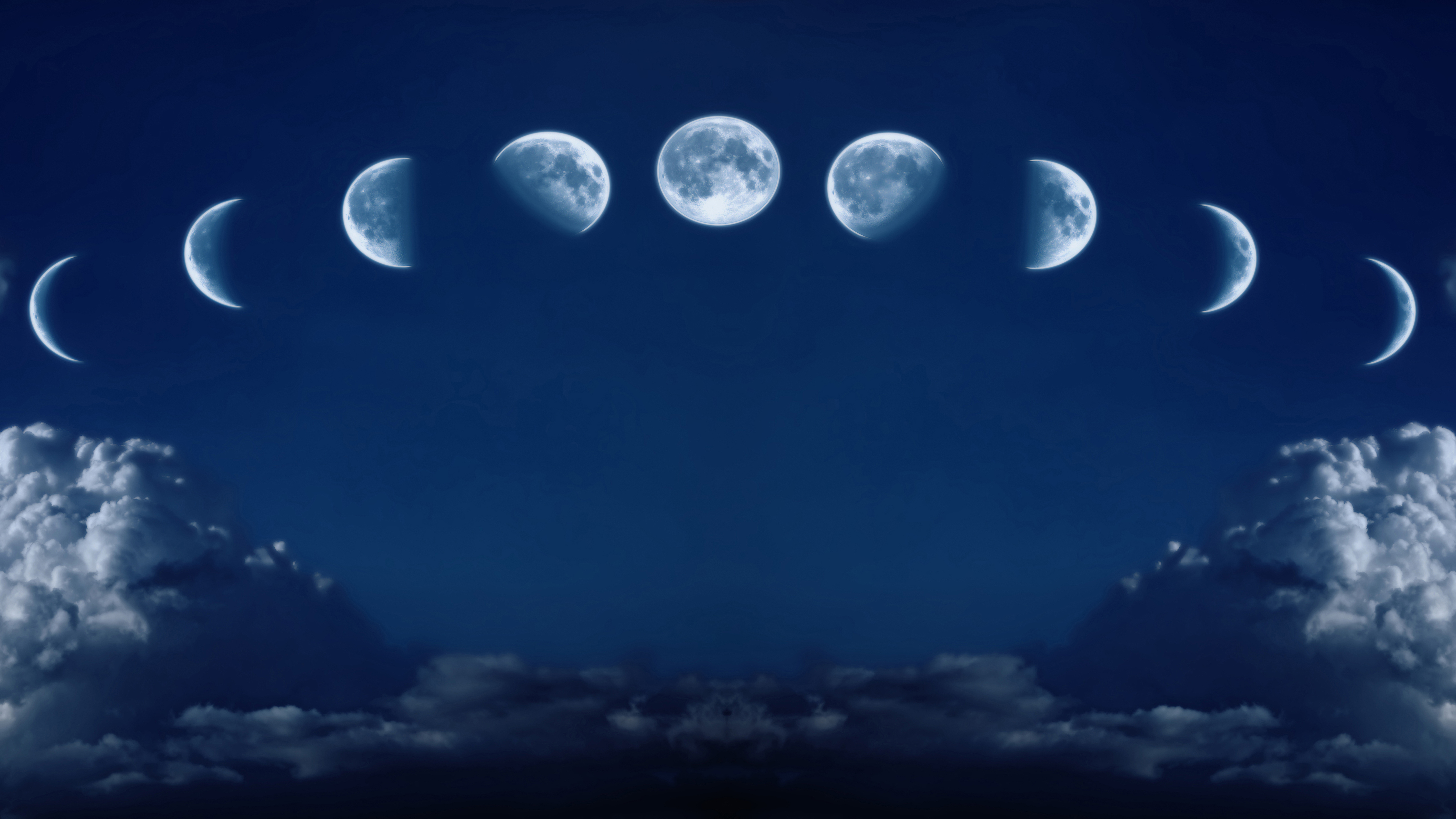
How the moon and moonlight work
The moon orbits Earth every 29.53 days from east to west and as it does so its illumination changes. Since light at night disturbs sleep in humans, this is crucial, and so is the fact the time of moonrise is approximately 50 minutes later each day. During its waxing period from new moon to full moon the amount of illuminated lunar surface as seen from Earth increases. It takes seven days for the moon to wax from a crescent moon – which doesn’t give off much light and sets just after sunset – to First Quarter, which is when the lunar surface appears to be half-lit, and is ‘up’ for half of the night.
It then takes another seven days for the moon to wax from First Quarter to full, but the difference in light it gives off is stark; a First Quarter moon is a mere 8% as bright as a full moon.After full moon our natural satellite wanes for 14 days, appearing less illuminated and rising very late at night.
So it’s that first ‘waxing’ half of the moon’s orbit that may disrupt sleep patterns. That’s because we humans mostly go to sleep after dusk and until dawn; moonlight isn’t going to wake us up, but it might delay us going to sleep.
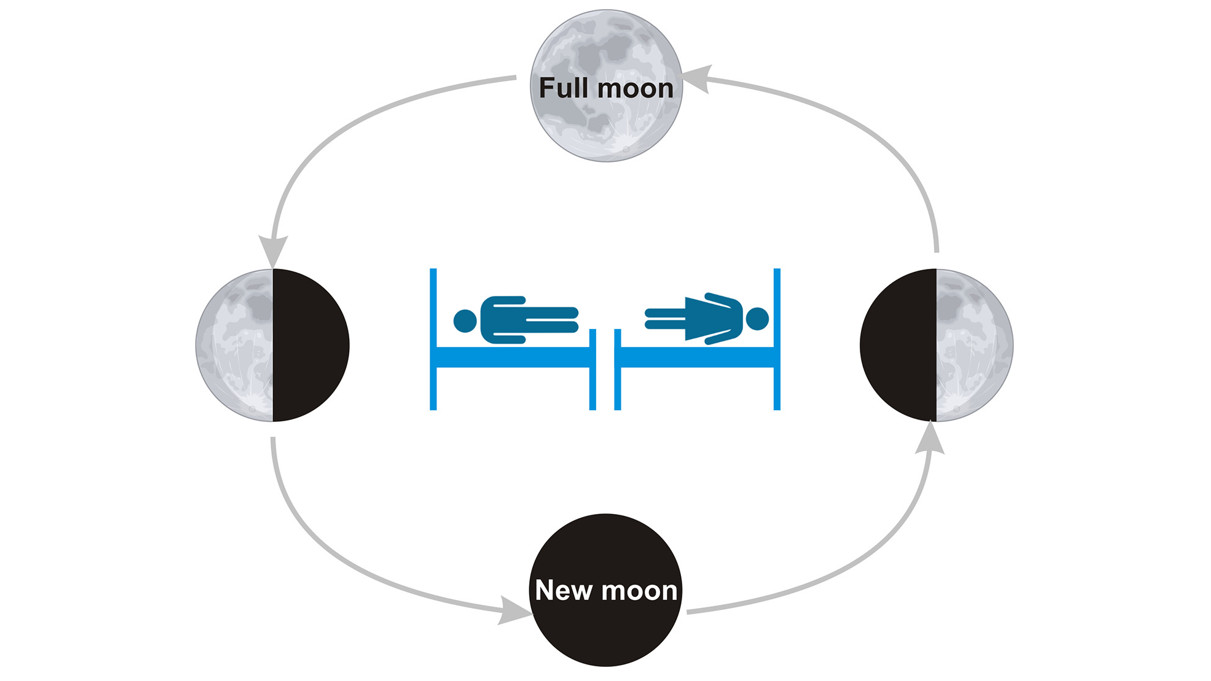
Sleep and the lunar cycle
The researchers in Sweden compared one-night at-home sleep recordings from 492 women and 360 men they took into account the exact phase of the moon.
Sign up for breaking news, reviews, opinion, top tech deals, and more.
"We found that men whose sleep was recorded during nights in the waxing period of the lunar cycle exhibited lower sleep efficiency, and increased time awake after sleep onset,” said Christian Benedict, Associate Professor at Uppsala University's Department of Neuroscience, and corresponding author of the study. That was compared to men whose sleep was measured during nights in the moon’s waning period. There was another surprise. “The sleep of women remained largely unaffected by the lunar cycle,” said Benedict.
The study adjusted for chronic sleep problems and sleep apnea, which are known to impact human sleep.
Men and the moon
The authors suggest that the moon may impact sleep for both men and women when its light is high in the sky around the times when people usually go to bed, which is the time just before a full moon. So why are men more sensitive to bright moonlight? The authors cite two studies that chime with their findings: one that suggests that the male brain may be more responsive to ambient light than that of females, and another that reported that blood concentrations of melatonin were lower during the full moon compared with the new moon among 20 male subjects. Humans’ sleep-wake cycle is controlled by melatonin, a hormone mostly released at night.
This isn’t the first evidence of what scientists call ‘circalunar rhythmicity’ in humans. The first reliable evidence that a lunar rhythm can modulate sleep in humans was found in a 2013 study of 33 people. “Evidence that the lunar cycle influences human sleep” observed that during a full moon subjects tended to take, on average, five minutes more than usual to fall asleep, had 30% less deep sleep and slept for 20 minutes less. In short, sleep quality suffered, but the sample was small.
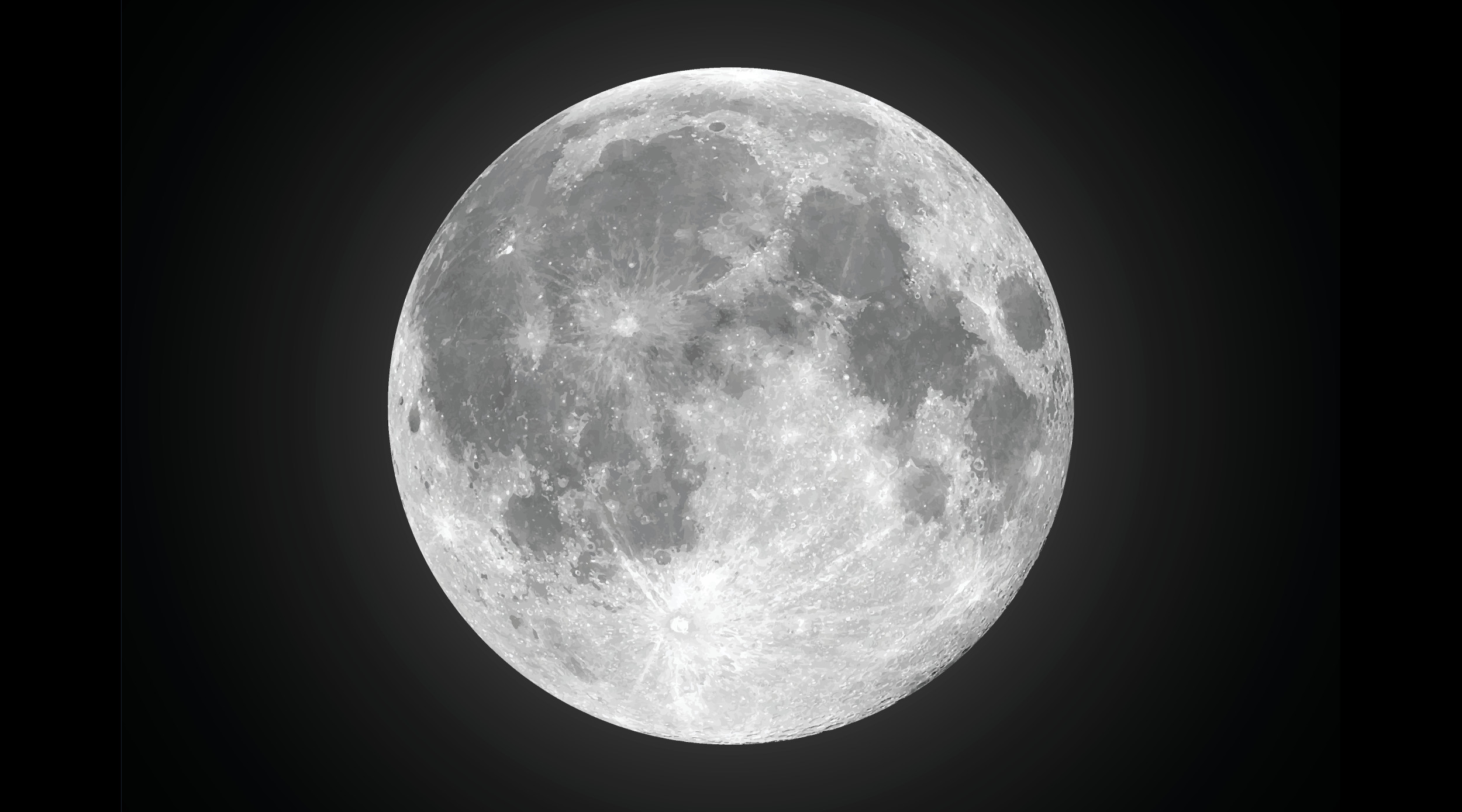
Moonlight vs artificial light
Those results were built upon by a much larger study, in both size and scope, that was published in the January 2021 issue of Science Advances. In 'Moonstruck sleep: Synchronization of human sleep with the moon cycle under field conditions', a team of researchers led by neurobiologist Horacio de la Iglesia at the University of Washington found that increased moonlight does affect sleep patterns.
This experiment compared sleep patterns of 98 Western Toba/Qom people from Formosa, northeast Argentina, a former hunter-gather indigenous community. They were split into three groups; 25 with no access to artificial light, 33 in a rural setting with limited access to electric light, and 40 in an urban setting with easy access to electric light. The results were compared to a control group of 464 college students in Seattle, Washington in the U.S. from a separate study. Everyone wore a Philips Actiwatch Spectrum Plus to track their sleep/wake patterns.
The results were eye-opening in more ways than one, with the researchers finding similar patterns of sleep across everyone for an entire lunar cycle of 28 nights. Location and access to electric lighting weren’t factors. During the three to five nights before the night of full moon it took participants longer to get to sleep and that they slept for the least amount of time during this period.
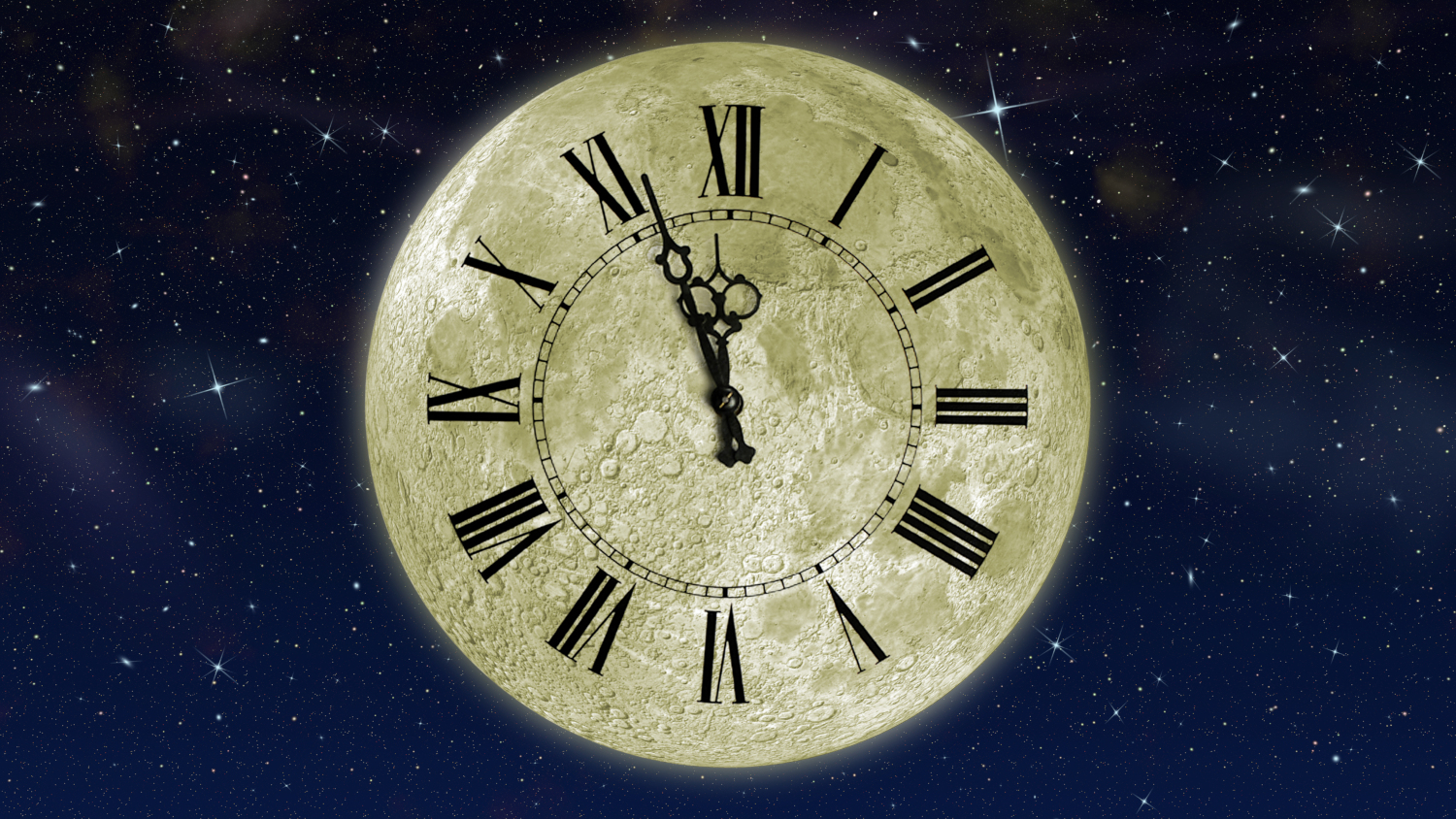
A built-in 'moon clock'?
So what role does artificial light play? The study found that the Toba/Qom participants slept less and stayed up later on the days previous to the full moon, when the moon is in the sky and exceptionally bright during the evening. They found that the moon’s effect on sleep to be strongest among those with the least access to electric light. They also found that those with access to artificial light similarly stayed up later and slept less the days previous to the full moon.
Overall, however, participants demonstrated the same moon-affected sleep patterns despite their location, strongly suggesting that human sleep is indeed synchronized with lunar phases.
“We were struck by the similarity between the college kids living in a brightly lit American city and rural indigenous communities with little artificial light,” said Claudia Valeggia, professor of anthropology in Yale University's Faculty of Arts and Sciences. “It suggests that sleep changes across the moon cycle may still exist in modern cities where light pollution is brighter than the most intense moonlight and people have little awareness of moon phases.”
Lunacy or learning?
The issue of whether the moon actually does have a decisive effect on the sleep patterns of humans is controversial. “There has been a lot of suspicion on the idea that the phases of the moon could affect a behavior such as sleep – even though in urban settings with high amounts of light pollution, you may not know what the moon phase is unless you go outside or look out the window,” said Leandro Casiraghi, a postdoctoral researcher in the University of Washington’s Department of Biology.
“Future research should focus on how: Is it acting through our innate circadian clock? Or other signals that affect the timing of sleep? There is a lot to understand about this effect.”
Do you go to sleep later and sleep less when a full moon is imminent? Arm yourself with a sleep tracker and the dates of the moon phases and find out if you sleep – or not – by the light of the moon.
This article is part of TechRadar's Sleep Week 2021, our in-depth look at sleep and how to snooze better. We've teamed up with experts in their field to bring you proven sleep techniques and tips to help you drift off easier, and to stay asleep for longer, and have rounded-up the very best sleep kit to transform your bedroom into a den of zen. So from Sunday 31 October to Sunday 7 November we'll be sharing interviews, features and essential buying guides with the aim of helping you to sleep better than ever.
- We've tested and ranked the best mattresses

Jamie is a freelance tech, travel and space journalist based in the UK. He’s been writing regularly for Techradar since it was launched in 2008 and also writes regularly for Forbes, The Telegraph, the South China Morning Post, Sky & Telescope and the Sky At Night magazine as well as other Future titles T3, Digital Camera World, All About Space and Space.com. He also edits two of his own websites, TravGear.com and WhenIsTheNextEclipse.com that reflect his obsession with travel gear and solar eclipse travel. He is the author of A Stargazing Program For Beginners (Springer, 2015),